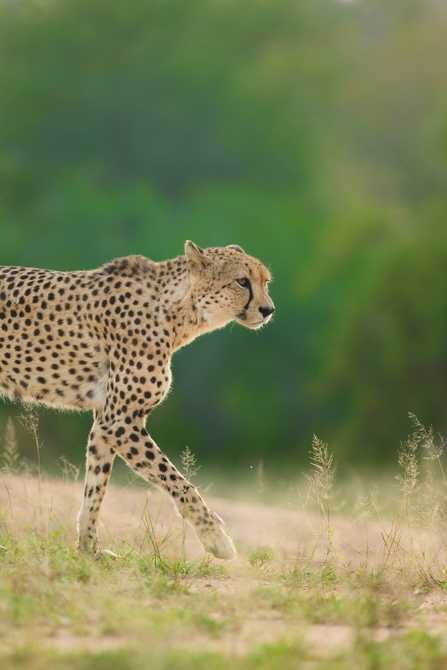Genes are the blueprint of our bodies. They are segments of DNA which hold the information required for our body to make proteins. Proteins are especially important, providing structure and support for the cells which make up our body.
Genetics are often applied in conservation in order to understand and reduce the risk of a species or population going extinct. By studying the genetic diversity in a population or a species, scientists are then able to determine the fitness of a population and therefore its chances of survival. High levels of extinction risk have been found to be associated with low genetic variation within a species. This is because the lack of variation within the gene pool can cause mutations, which will reduce the chances of them being able to adapt to changing situations, like climate change. It may also reduce their ability to reproduce effectively and therefore increase vulnerability.



